

© 2024 Shared Tears and Moonlit Bridge Productions. All Rights Reserved.

Services
Services That Can Help

988 Suicide and Crisis Lifeline (USA)
Cuproident. Consectetur pariatur magna, nostrud enim quis excepteur. Commodo consequat tempor pariatur commodo aliquip elit amet. Ullamco in officia reprehenderit id excepteur, eu dolor eu. Nostrud mollit dolor officia excepteur. Ex sunt exercitation nulla deserunt voluptate elit cupidatat. Amet qui occaecat magna reprehenderit cexcepteur reprehenderit.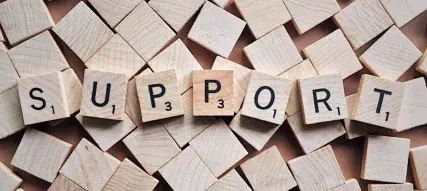


About 988
People can call or text 988 or chat 988lifeline.org for themselves or
if they are worried about a loved one who may need crisis
support.
988 serves as a universal entry point so that no matter where you
live in the United States, you can reach a caring, trained counselor
who can help.
988 offers 24/7 access to trained crisis counselors who can help
people experiencing mental health-related distress. That could
be:
Thoughts of suicide
Mental health or substance use crises
Emotional distress
And other reasons to connect (46 seconds)




Use SAMHSA’s Disaster Distress Helpline for crisis
counseling if you have been affected by recent weather
events or wildfires.
The Disaster Distress Helpline (DDH) is the first national
hotline dedicated to providing year-round disaster crisis
counseling. This toll-free, multilingual, crisis support
service is available 24/7 to all residents in the U.S. and its
territories who are experiencing emotional distress related
to natural or human-caused disasters.
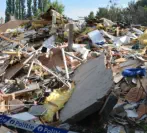
Call or text: 1-800-985-5990
Espanol: Llama o envia un mensaje de texto: 1-800-985-5990 presiona “2.”
For Deaf and Hard of Hearing ASL Callers: Please text or Call the Disaster Distress
Helpline at 1-800-985-5990 using your preferred Relay provider.
There is no need to give any identifying information when you contact DDH. The counselor
may ask you for some basic information at the end of the call, but these questions are
optional and intended to help SAMHSA keep track of the types of calls it receives. The helpline
is open to anyone experiencing emotional distress related to disasters, including survivors of
disasters; loved ones of victims; first responders; rescue, recovery and relief workers; clergy;
parents; and caregivers. You may call for yourself or on behalf of someone else.
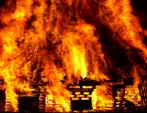



© 2024 Shared Tears and Moonlit Bridge Productions.
All Rights Reserved.

Services
Services That Can Help
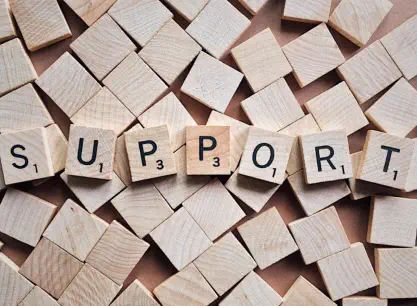


988 Suicide and
Crisis Lifeline (USA)
Cuproident. Consectetur pariatur magna, nostrud enim quis excepteur. Commodo consequat tempor pariatur commodo aliquip elit amet. Ullamco in officia reprehenderit id excepteur, eu dolor eu. Nostrud mollit dolor officia excepteur. Ex sunt exercitation nulla deserunt voluptate elit cupidatat. Amet qui occaecat magna reprehenderit cexcepteur reprehenderit.
About 988
People can call or text 988 or chat 988lifeline.org for
themselves or if they are worried about a loved one who may
need crisis support.
988 serves as a universal entry point so that no matter where
you live in the United States, you can reach a caring, trained
counselor who can help.
988 offers 24/7 access to trained crisis counselors who can
help people experiencing mental health-related distress. That
could be:
Thoughts of suicide
Mental health or substance use crises
Emotional distress
And other reasons to connect (46 seconds)




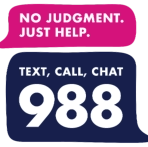


Use SAMHSA’s Disaster Distress Helpline for crisis
counseling if you have been affected by recent weather
events or wildfires.
The Disaster Distress Helpline (DDH) is the first national
hotline dedicated to providing year-round disaster crisis
counseling. This toll-free, multilingual, crisis support
service is available 24/7 to all residents in the U.S. and its
territories who are experiencing emotional distress related
to natural or human-caused disasters.
Call or text: 1-800-985-5990
Espanol: Llama o envia un mensaje de texto:
1-800-985-5990 presiona “2.”
For Deaf and Hard of Hearing ASL Callers:
Please text or Call the Disaster Distress Helpline at
1- 800-985-5990 using your preferred Relay provider.
There is no need to give any identifying information
when you contact DDH. The counselor may ask you for
some basic information at the end of the call, but these
questions are optional and intended to help SAMHSA
keep track of the types of calls it receives. The helpline is
open to anyone experiencing emotional distress related
to disasters, including survivors of disasters; loved ones
of victims; first responders; rescue, recovery and relief
workers; clergy; parents; and caregivers. You may call for
yourself or on behalf of someone else.


























